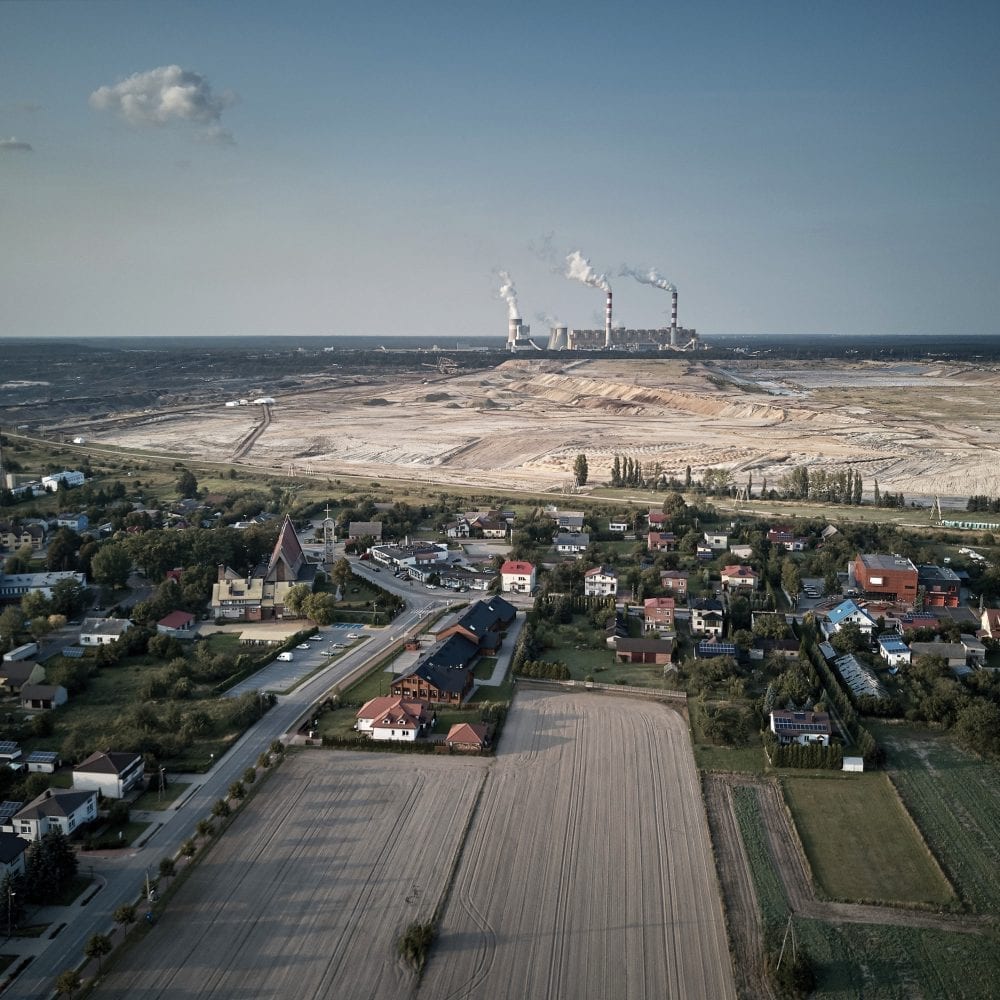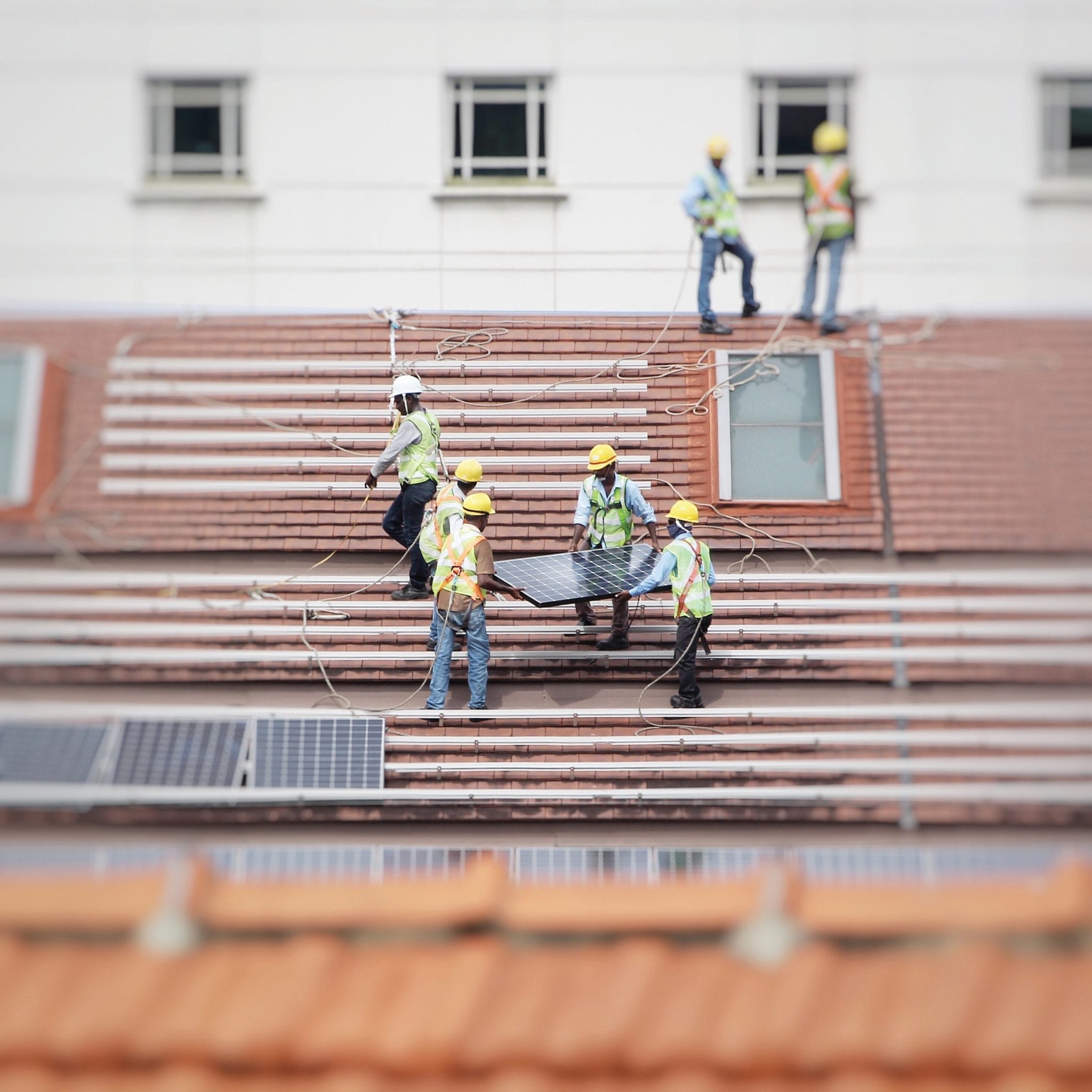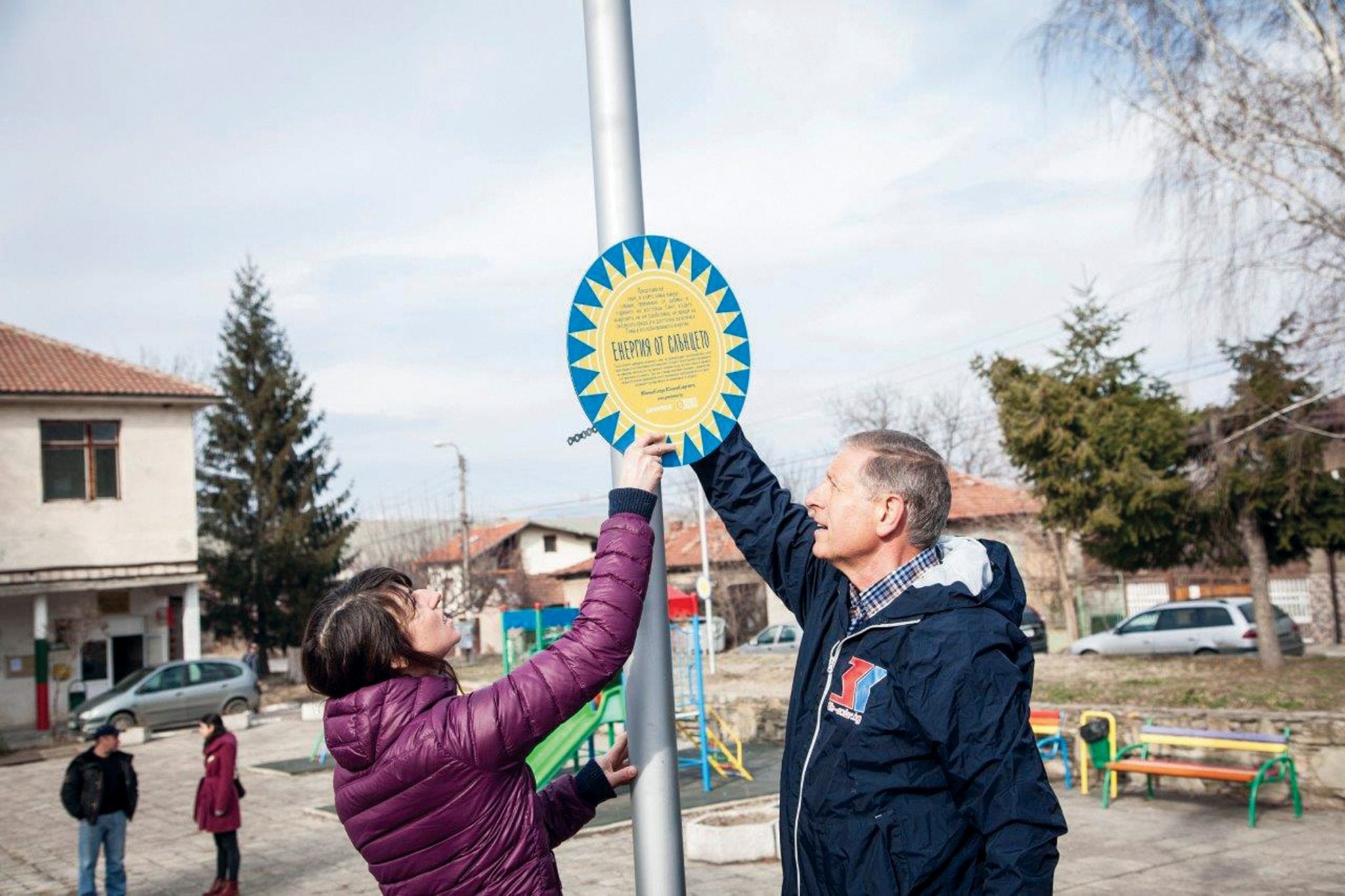Beyond Coal: How People Power Will Transform Europe’s Energy System
We are facing a climate crisis. Transforming Europe’s energy system has never been more urgent, and citizens across the EU are already taking action to end the era of coal to build a cleaner, fairer, more sustainable future. Governments and decision-makers need to back this call for change with legislation and policies that favor renewable technologies and smarter energy solutions to propel Europe’s energy market forward, while guaranteeing a just transition that benefits everyone.
How much coal are we burning?
Europe’s coal phase-out is gathering pace as renewables continue to grow. In 2018, the European Union’s (EU) total coal generation was 30% lower than in 2012. Almost a dozen European countries have already committed to phasing out coal by no later than 2030.
Yet despite a surge in renewable energy, there are still more than 250 coal power plants in Europe. Coal, including lignite, the most polluting form of coal, still supplies almost a fifth of Europe’s energy, with coal power plants responsible for 15% of the EU’s carbon dioxide emissions (CO2) in 2017.
Despite national phase-out commitments and international climate pledges, action to decarbonize our energy system is not happening fast enough – and Europe’s citizens are paying the price.
The cost of coal
Beyond climate targets, phasing out coal in the shortest time possible is crucial to stop the harmful effects mining and burning coal has on the health and well-being of people and the environment.
The array of pollutants released burning coal are linked to respiratory diseases and premature deaths, as well as illnesses including heart problems and bronchitis. The Europe’s Dark Cloud report estimates the corresponding health cost to exceed €60 billion per year.
Coal mining also has irreversible impacts on the environment. Vast mines are graveyards to biodiversity – meanwhile, ash storage sites pose major threats to local water supplies. The villagers of Akrini, Greece, discovered they were drinking polluted water containing hexavalent chromium, which is known to cause cancer. The contamination was linked to the ash from Agios Dimitrios – Greece’s largest power plant.
Coal exploitation has yet another human cost – the displacement of people. Villages are routinely evacuated, demolished and cleared to give way to the world’s largest excavators.
In Zloczew, Poland, 3,000 people are waiting to know if they have to leave their homes as mammoth power plant Belchatow seeks to open a new mine.
This is the situation for the inhabitants of Zloczew, Poland, where 3,000 people are waiting to know if they have to leave their homes as mammoth power plant Belchatow seeks to open a new mine. The Zloczew mine, if it goes ahead, would be the deepest mine ever constructed in Poland. Explosives will blast away millions of tons of rock to access the coal – which will destroy 33 villages and contaminate the surrounding environment with toxic heavy metals.
ClientEarth has launched a legal challenge to block the mine – with its long list of hazards, it should not have been given the green light.
Meanwhile, in Bulgaria, land that has been in farmer Emil Mirchev’s family for generations stands to be devoured by an open pit coal mine that would span three villages, destroying kilometers of fertile land and jeopardizing the local water supply. It would also likely mean the end of two popular lakes in the area. The landscape will change forever.
With the support of ClientEarth and coalition Za Zemiata Access to Justice, Emil has taken legal action to fight the mine that would put a stop to the way of life for hundreds of people.
Suffering for too long from the detrimental impacts of coal, Europeans are looking beyond coal towards cleaner alternatives. However, while governments continue to favor coal and gas power plants over low carbon technologies, communities currently reliant on coal lack the social and financial backing from their national governments to embrace the transition. They need support and certainty to seize the better jobs and economic alternatives that a coal-free future will bring.

The beginning of a revolution
Even without government support, communities, cities and local authorities are at the vanguard of Europe’s energy transition: projects and initiatives are helping people to control and produce their own energy, which is creating a fairer, more decentralized energy market.
Half of EU citizens including local communities, schools and hospitals – could be producing their own renewable electricity by 2050, meeting 45% of their energy demand.
Over the past two decades, a growing number of renewable energy companies have entered the market, offering individuals and businesses the opportunity to use renewables to power their homes and businesses. Good Energy in the UK not only allows customers to buy 100% renewable energy, but also pays those who generate their own renewable electricity.
Repowering in the UK and Cap Terre in Belgium install solar panels on social housing, and profits from selling this energy are channeled back into the local communities. These initiatives enable renewables to enter the market in an inclusive way that benefits everyone.

Empowering citizens
The law is changing to foster this revolution. Approved in 2018, the EU’s Renewable Energy Directive not only set a binding objective for the EU to increase renewables by 32% by 2030, it also establishes an explicit and transformational role for individuals and communities by giving them the right to generate, store, consume and sell their own energy.
In Flanders, Belgium, renewable energy cooperative Ecopower provides 100% renewable electricity to its 55,500 members at a lower price than its for-profit competitors. Started in 1991, its investments now total €60 million, its capital €50 million. The cooperative has received recognition for having the fairest billing structure of all suppliers in the Flemish region.
What communities can achieve when empowered to play an active role cannot be overstated. A study by CE Delft in 2016 found that half of EU citizens including local communities, schools and hospitals – could be producing their own renewable electricity by 2050, meeting 45% of their energy demand, and setting a blueprint for energy market transformation.

A transition that puts people and the planet first
To ensure a just transition, governments need to support communities most affected by a move beyond fossil fuels. They must provide training for workers that moves in tandem with the economy’s low-carbon transition and support the creation of job opportunities fit for a low carbon future. National policy makers should also use EU legislation to develop renewable energy sources and facilitate an ambitious energy transition. This is crucial not only for the livelihoods of those workers, but also for keeping the social fabric of nations intact and for developing and maintaining political support for a rapid transition.
But while governments must support a just transition for communities that will be most affected, they must not cave to arguments from the coal industry demanding huge compensation sums in return for shutting down – calls the German government is currently dealing with. Plant operators have long known that damage to the climate and human health is caused by their business – and they have been trying to postpone the inevitable day that society requires them to shut down. Their obstinacy in the face of common sense and the public good should not now be rewarded through ‘retirement packages’ ultimately funded by citizens’ taxes and energy bills.
Decision-makers need to choose the right policies and support forward-thinking industries so that communities can build a cleaner, fairer, more efficient energy future, protecting our health, the environment and combating climate change.
Change to our energy system is coming – governments need to recognize it, and back it.